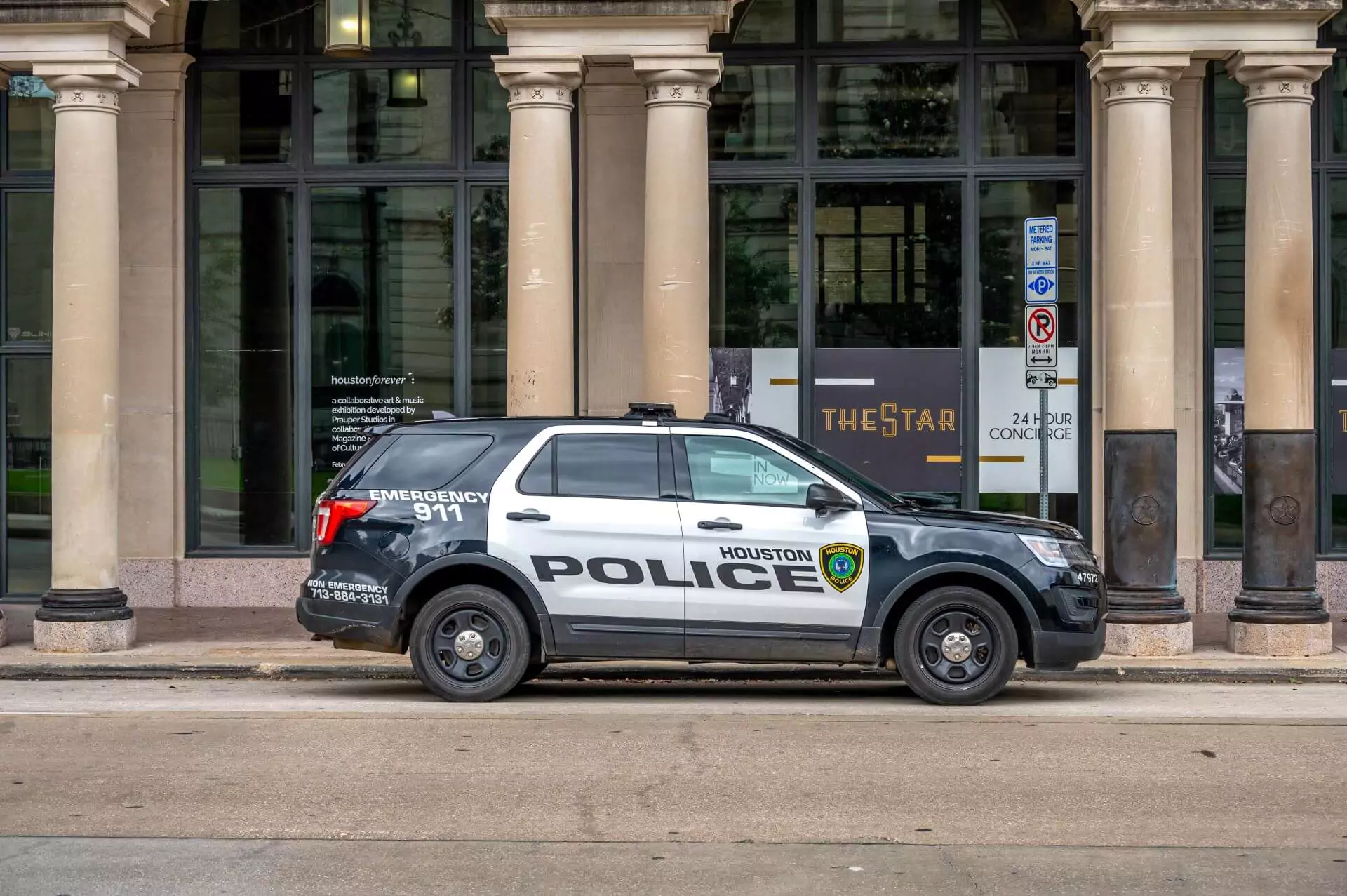We’ve all seen movies and TV shows depicting the first 24 hours after a person is arrested for drug possession. But what happens when you get arrested for drugs? In some ways, it’s not very different from what you’ve already seen.
Police really do take fingerprints, give you the chance to use the phone, and put you in a cell. But there are important differences from what you see on TV that you should understand.
The first 24 hours in custody are critical, and it’s when most people make irreversible mistakes.
Everything you do or say during this time can affect your defense. Overwhelming as it may be, it’s important to be aware of exactly what happens when you get arrested for drugs and how the next 24 hours will play out.
Today, I’ll walk you through the process step by step, covering booking, phone use, and your introduction to jail.
I’ll also answer a few questions that clients tend to have, including:
- What if you can’t remember the phone number you need?
- How do you get medications?
- Can they take my phone?
- How should you behave to maximize your chances of dismissal or acquittal?
The first thing that happens when you are arrested for drugs is that the police will read you your Miranda rights.
Right after an arrest, which typically happens during the search of a vehicle following a traffic stop, officers will read your Miranda rights. You’ve probably heard them before: “You have the right to remain silent. Anything you say can and will be used against you in a court of law…”
You are read those rights before questioning begins, although police typically ask only a few basic questions at the scene, like your name. More thorough questioning will come later, at the police station.
Do not answer any questions. You do have the right to remain silent. Use it. After all, police may be looking at a legally purchased THCA vape. Don’t make things easy for people whose job it is to put you in jail.
You’ll be required to identify yourself.
According to Sec. 38.02. of the Texas Penal Code, when you’re placed under arrest, you are required to give your name, address, and place of birth if asked.
Other than that, you’re best off remaining silent — other than asking to speak to an attorney.
You’ll be restrained, typically in handcuffs.
If you’re arrested for a drug crime, you’ll be placed in handcuffs, usually before or while you’re being read your Miranda rights. Police generally handcuff you with your arms behind your back, although they may give you the option to have your arms in front of you.
Next is the booking process.
You’ll be taken to a police station or jail for booking. Officers will fingerprint and photograph you, then enter your personal details into their system. They’ll also run a background check to see if you have any outstanding warrants.
Your personal items will be taken from you and stored.
An officer will collect items like your phone, wallet, and jewelry. Everything will be inventoried, so you generally don’t have to worry about it being lost.
Phones can be seized, but usually can’t be unlocked without your consent.
If police have a search warrant, they may be able to compel you to unlock your phone using your thumbprint or face.
If they don’t have a warrant, the situation is more complicated. In fact, Texas courts haven’t definitively ruled whether police can force someone to unlock their phone.
Passcodes are a little bit different. Right now, courts have tended to rule that police can’t force you to tell them your passcode since it would violate your Fifth Amendment right against self-incrimination. So, don’t tell your passcode or offer to unlock your phone without the police explicitly displaying a warrant.
After you’re booked, there are two possible outcomes:
1. You’ll be released right away.
You may be released immediately if you pay bail, use a bond, or are released on your own recognizance.
2. You’ll remain in custody.
If you stay in custody, you’ll be given a jail uniform. At the end of booking, you’re taken to a private area for a strip search, where you remove your clothing for a pat down.
You may be allowed to keep your clothes. In other cases, though, your clothing may be taken as evidence. If that happens, jail-issued clothing is provided.
If you take prescription medication, inform staff now.
Give them the name of the medication and your dosage. Jail medical staff will verify whether they can provide your medication; they may try to contact your doctor to confirm.
A medical screening is part of the booking process.
At this point, the jail will perform a basic medical screening to identify urgent health needs.
Jails are required to provide you with two phone calls.
The Texas Administrative Code 291.1 states that those arrested are entitled to two phone calls within 4 hours of their booking.
What if you forget a phone number?
Unfortunately, you won’t be able to look up a person’s number on your cell phone. However, you can call your lawyer or another person to look up the contact information you’re trying to find.
Calls are monitored.
They’re also recorded. Keep your call brief and only discuss topics like bail or visitation, because anything you say about the case can be used against you.
You’ll likely spend time in a cell.
After booking, you’ll be placed in a holding cell, a small, shared cell with a metal bench and a toilet. Lighting is fluorescent and constant, and it’s typically noisy and stressful. Still, you should do your best to stay calm.
Other people in the holding cell may ask you about your charges. While you should be polite, it’s best not to discuss the specifics of your arrest.
Now is the time to meet with a defense attorney.
Your lawyer will contact the jail to arrange a meeting, so you don’t have to worry about the logistics. Meetings usually happen during visiting hours, during the day. They can also speak with you by phone if an in-person visit isn’t possible.
Within 48 hours, a judge will review your case.
As Article 15.17 of the Texas Code of Criminal Procedure states, the jail must put you in front of a magistrate within 48 hours of your arrest.
This is the first time a judge reviews your case. They’ll inform you of your charges and set your bond. However, keep in mind that you must physically be present in front of the magistrate.
Don’t answer questions from officers.
During this waiting period, stay quiet. These first hours are crucial for preserving your rights. You don’t have to answer questions without your lawyer present, no matter what an officer tells you. Remember, police are legally allowed to lie to you. What you tell them can be used against you, but not to exonerate you.
Report violations to your lawyer.
Sometimes an officer or jail staff member violates your rights. For example, they might neglect to read you your Miranda rights, or they might refuse to give you medical attention.
In the moment, it’s to your advantage to be polite with your requests and remember as many details of the incident as you can. Inform your lawyer at your earliest convenience rather than becoming confrontational. It will help your case.
Facing drug charges in Texas? Call Gold Legal.
If you’ve been charged with a drug crime in Texas, contact Gold Legal, PLLC. Our firm will help you achieve the best possible outcome in your case, starting with the first 24 hours after your arrest.
Contact us today for a confidential consultation.
— Kandi Gilder, Attorney at Law




